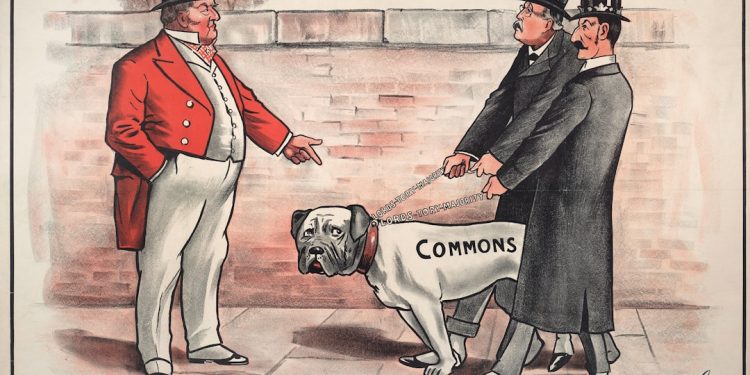No products in the cart.
The Godfather’s Business Ethics: Lessons from Don Corleone
Explore the business lessons from Don Corleone's ethics that can enhance your career. From loyalty to reputation management.
New York, USA — In the world of business, loyalty can be as elusive as a shadow in the night, yet it is one of the most critical pillars for success. Few characters epitomize this truth more than Don Vito Corleone, the formidable patriarch from Mario Puzo’s “The Godfather.” While his methods were often steeped in moral ambiguity, there are profound lessons in loyalty, trust, and reputation management that today’s professionals can glean from his story.
Set in the bustling streets of mid-20th century New York, the narrative of the Corleone family is more than just a tale of power and crime; it’s a masterclass in strategic relationship building. Don Corleone understood that true loyalty is forged through reciprocity and mutual respect. In an era when business dealings were often done with a handshake, he built an empire based on trust — a currency that has only grown more valuable in today’s fast-paced digital world.

To understand the depth of Corleone’s business ethics, one must consider the context of his world. In the post-war landscape of America, where immigrants often faced discrimination and economic hardship, the Godfather offered protection and opportunity. He did not merely run a crime syndicate; he navigated a complex web of relationships, forming alliances that would endure through trials and tribulations. This is a vital lesson for modern professionals: relationships are not merely transactional; they require nurturing and investment.
 Career Development
Career DevelopmentHarnessing Technology for Career Growth: Strategies for the Future
Discover how to build career strategies that leverage technological advancements, ensuring growth and adaptability in today’s fast-paced job market.
One standout moment in the saga is when Don Corleone is approached by a desperate film producer seeking to revive his struggling career. Instead of demanding a favor upfront, Corleone offers his assistance, understanding that goodwill creates loyalty. This principle is strikingly relevant in today’s workplace, where networking is often viewed through a transactional lens. Professionals should remember that the most fruitful connections often stem from acts of generosity, not just self-serving agendas.
This doesn’t mean becoming a doormat; it’s about strategically offering your skills and time to build a network that will support you in your future endeavors.
Moreover, Corleone’s approach to reciprocity teaches us about the importance of giving before receiving. In a rapidly evolving job market, where the gig economy thrives, establishing a reputation for reliability and support can set you apart from the competition. This doesn’t mean becoming a doormat; it’s about strategically offering your skills and time to build a network that will support you in your future endeavors.
However, it is essential to acknowledge the darker aspects of Don Corleone’s ethics. His brand of loyalty often came at a significant cost. To maintain power, he resorted to intimidation and violence, demonstrating that the ends do not always justify the means. This serves as a sobering reminder for today’s leaders: ethical dilemmas abound, and the path to success can be fraught with moral quandaries. Building trust and credibility should never come at the expense of one’s integrity.
In examining the Godfather’s world, it is also crucial to consider the importance of long-term strategic thinking. Corleone was not just a man of the moment; he was a visionary. He understood that today’s favors could yield tomorrow’s allies. This foresight is vital for young professionals navigating their careers. In an age where instant gratification is the norm, cultivating a vision that extends beyond immediate gains can set the foundation for lasting success.
 Career Advice
Career AdviceSecuring a Google Internship: Insights from Recruiters
Learn what Google recruiters prioritize in candidates for internships and how to effectively prepare your application.
Read More →Take, for example, the rise of remote work and digital entrepreneurship. In this new landscape, where personal brands are increasingly crucial, professionals must think strategically about their reputations. Just as Corleone built a legacy grounded in loyalty and respect, today’s workers should cultivate their online presence with authenticity and integrity, ensuring their reputations are as solid as their skills.
Equally important is the concept of trust establishment. Don Corleone was a master at reading people, discerning who was genuine and who was not. This skill is invaluable in modern business, where collaboration is often essential for success. Building a team or network hinges on the ability to trust and be trusted. Today’s professionals should prioritize emotional intelligence, honing their ability to read social cues and foster genuine connections.
This skill is invaluable in modern business, where collaboration is often essential for success.
As we look ahead, the lessons from Don Corleone’s business ethics remain relevant. In an era defined by rapid change and uncertainty, professionals must embody the virtues of loyalty, reciprocity, and strategic vision. By embracing these principles, you will not only enhance your career prospects but also contribute positively to the evolving landscape of work.
 AI
AIThe Rise of AI in Pharmaceuticals: Career Opportunities Ahead
AI is revolutionizing the pharmaceutical industry, creating new career paths in research and regulatory affairs. Explore the impact of AI…
Read More →The journey of professional growth is not merely about climbing the corporate ladder; it is about the relationships you build along the way. As you navigate your career, remember the wisdom of the Godfather: loyalty is the backbone of any successful endeavor. In a world where everything is transient, the connections you nurture today will be the foundation for your success tomorrow.











